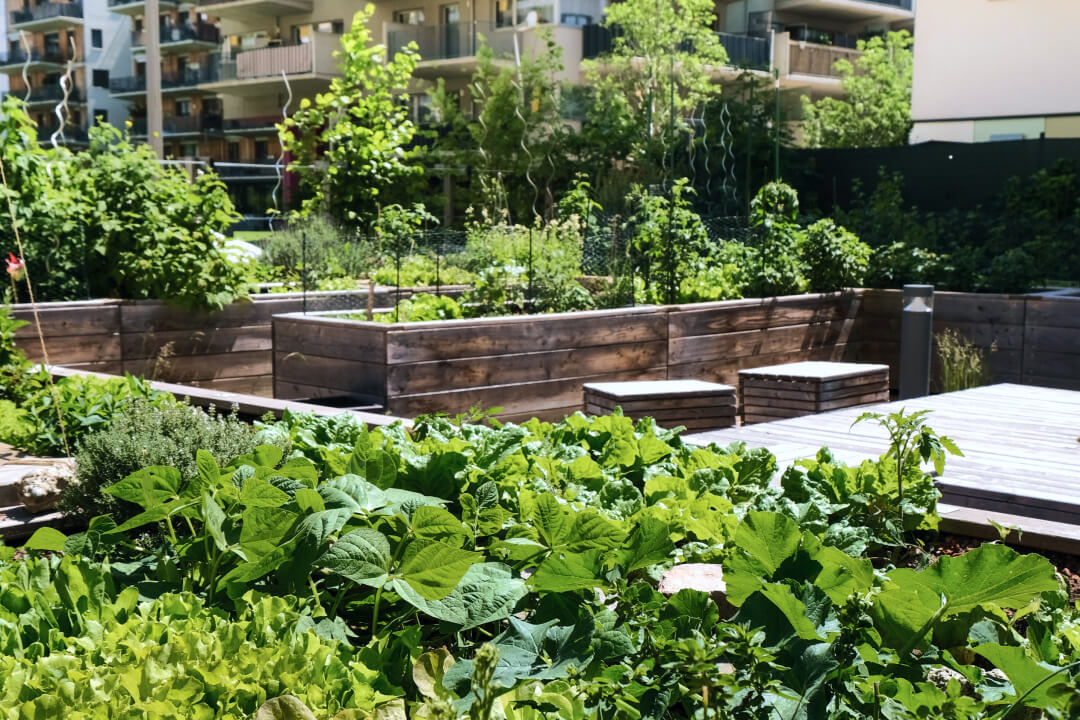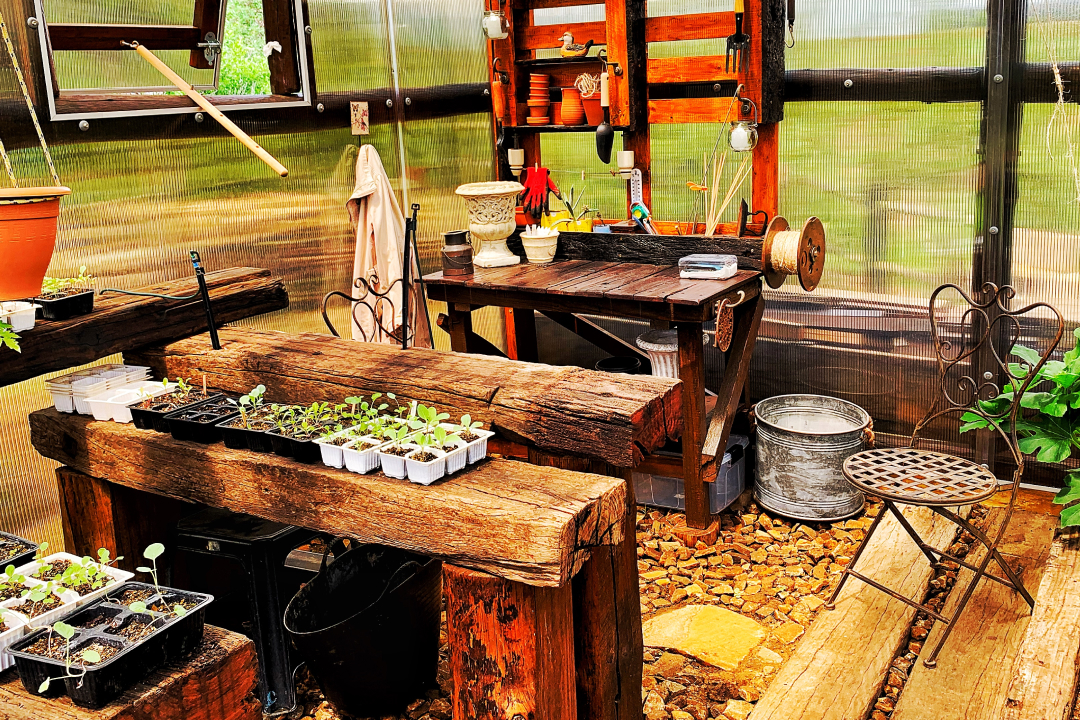As Australia’s urban areas continue to grow, there’s a rising interest in sustainable food production and green spaces in the heart of our cities and regional areas. One response to this trend is the concept of urban farming — a practice that’s transforming built landscapes, bringing fresh produce closer to urban dwellers, and encouraging communities to connect with the environment. But what exactly is an urban farm in the Australian context, and why is it significant?
What is an Urban Farm?
An urban farm is any agricultural operation located within a city or densely populated area that produces food and plants for local consumption. Unlike traditional farms, urban farms operate on smaller scales and are often housed in unconventional spaces: rooftops, vacant lots, community gardens, and even indoor facilities. In Australia, urban farms can vary greatly in size and scope, from small community-run plots to larger commercial ventures selling produce to local markets, restaurants, or directly to the community.
Here at the Orchard we’ve created our urban farm on an 820 square metre residential block. Using permaculture and a food forest design (you can read more about food forests in this blog – insert link) we’ve created a productive space that provides produce to a local café as well as our neighbours and community.Key Characteristics of Australian Urban Farms
- Diverse Spaces: Urban farms make use of creative spaces within the city. You can find them on rooftops, alongside schools, in disused land parcels, or as part of residential developments. Melbourne, Sydney, Brisbane, and Perth have all seen a growth in rooftop gardens, hydroponic greenhouses, and vertical farming systems.
- Sustainable Growing Practices: Many urban farms are focused on sustainability, often employing eco-friendly techniques such as organic farming, permaculture, composting, and rainwater harvesting. Given Australia’s climate challenges, urban farms also frequently use innovative water management practices, such as drip irrigation or water recycling.
- Community-Centric: Urban farms are often community-led or involve local residents, creating green hubs that promote food education and foster social bonds. Some community farms in Australia, like CERES in Melbourne, offer opportunities for volunteers and local residents to engage in farming activities, learn about sustainable food systems, and even gain access to fresh produce through produce-sharing schemes.
- Education and Social Impact: Many urban farms operate as learning centres, educating the public on gardening, sustainable agriculture, and nutrition. They also promote social cohesion by providing spaces where people can come together to share in the work of growing food. Programs may focus on children, adults, or marginalised groups, helping people of all backgrounds gain access to green spaces and food-growing knowledge.
Types of Urban Farms in Australia
- Community Gardens: Small plots where local residents come together to grow vegetables, herbs, and sometimes flowers. Community gardens are often organised by local councils or community groups.
- Commercial Urban Farms: Some urban farms are set up as businesses to supply fresh produce to restaurants, markets, or directly to consumers. For example, urban farming companies in Melbourne use high-tech hydroponic systems to grow leafy greens, herbs, and other high-demand vegetables, offering a solution to Australia’s growing demand for fresh, local produce.
- Educational Farms and Social Enterprises: Urban farms can also function as educational or social enterprises, where the focus is on training and education. The Northey Street City Farm in Brisbane and Pocket City Farms in Sydney are notable examples, with both providing hands-on experiences in farming and environmental sustainability.
- Vertical and Rooftop Farms: With limited space in cities, some urban farms use vertical or rooftop systems, allowing food to be grown in otherwise unused or under-utilised spaces. These setups use hydroponics or aeroponics to grow crops without soil, often indoors or in controlled environments.
Benefits of Urban Farming in Australia
- Local Food Production: Urban farms reduce the need for long-haul food transportation, decreasing carbon emissions and providing fresher produce to consumers.
- Green Spaces: Urban farms help increase green space in cities, improving air quality and enhancing biodiversity.
- Community and Education: Urban farming encourages community involvement and offers valuable opportunities for hands-on learning about food, health, and sustainability.
- Environmental Impact: Urban farms often use sustainable practices, which reduce the environmental footprint of food production, conserve resources, and mitigate urban heat.
Challenges for Urban Farms in Australia
While urban farming offers many benefits, it’s not without challenges. High land prices in cities can make it difficult to establish or expand urban farms, and regulatory hurdles, such as zoning laws, can limit the types of activities allowed. Additionally, the upfront costs for advanced farming technologies like hydroponics or vertical farming can be prohibitive. Nevertheless, with innovative solutions and growing interest in sustainable food systems, urban farming continues to thrive.
The Future of Urban Farming in Australia
With increasing awareness of food security, sustainability, and the need for greener cities, urban farming is likely to continue growing in Australia. Urban dwellers and the local planning authorities are beginning to recognise the benefits of integrating food production into urban planning. As more Australians embrace the concept of growing food locally, urban farming could play a vital role in shaping healthier more sustainable cities.
Getting Involved in Urban Farming
Whether you want to support urban farming by buying local produce, volunteering at a community garden, or starting your own small plot, there are many ways to get involved. Many urban farms and community gardens welcome volunteers, and local councils often support community gardening initiatives with resources or grants.
Urban farming is more than just growing food — it’s about cultivating communities, sustainability, and connection to nature in our cities. For Australians, urban farms offer a tangible way to reconnect with where our food comes from, while contributing to healthier, greener urban environments.
Join us at the Orchard for a tour or workshop to inspire your urban farm journey. After all from little things big things grow.




